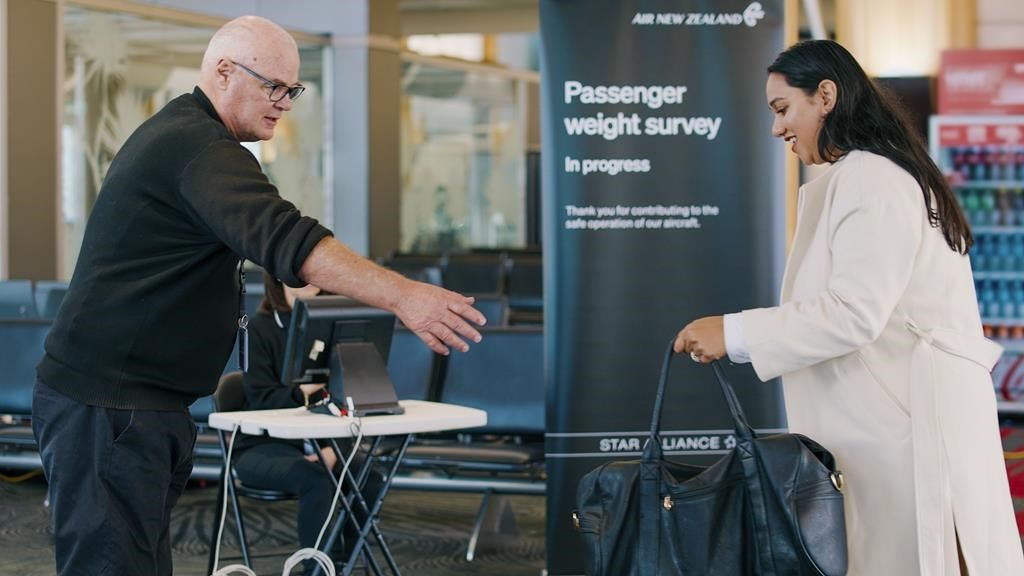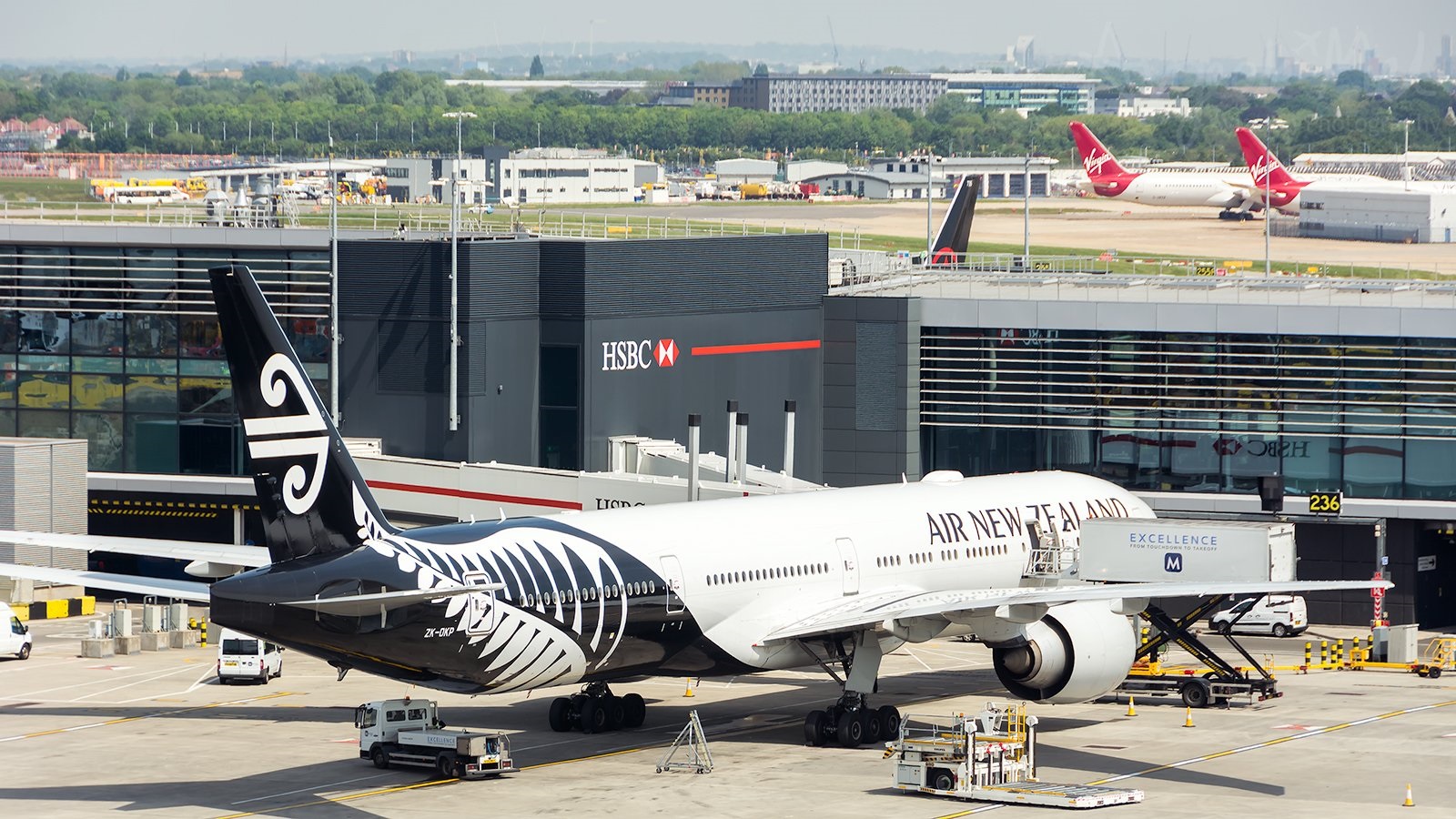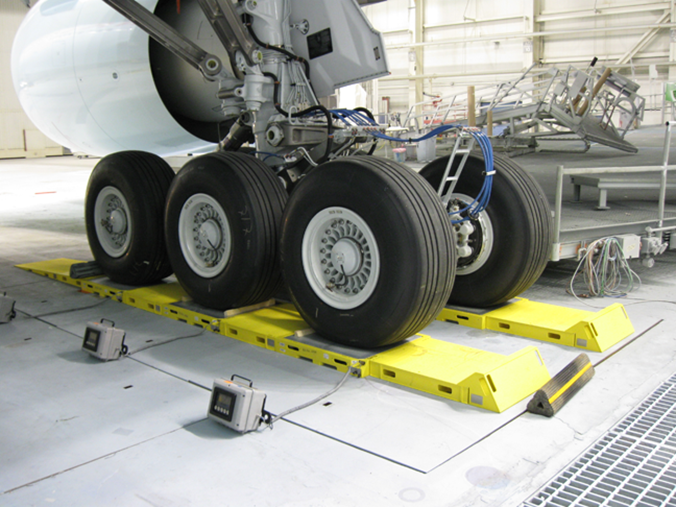


To help the airline determine average passenger weights to calculate the weight and balance of the aircraft , Air New Zealand will be asking to weigh passengers traveling internationally starting June 1st.
So, in addition to weighing luggage before a flight, passengers flying to international destinations aboard Air New Zealand will also be asked to step on the scale themselves.
Air New Zealand said the passenger-weighing program is actually part of a survey that’s required by the Civil Aviation Authority to ensure safety and the "efficient operation" of aircraft.
Passengers on certain Air New Zealand flights departing from Auckland International Airport between May 29 and July 2 will be asked to hop on the scale. Sources say, the scale is voluntary, "meaning no passenger is required to participate."

The goal isn't to single out passengers who might contribute to a plane being overloaded or out of balance — instead, the airline says, the process is part of a survey to gather real-world information.
The spokesperson emphasized how the data is completely anonymous for those that do.
"We weigh everything that goes on the aircraft – from the cargo to the meals onboard, to the luggage in the hold," Air New Zealand Load Control Improvement Specialist Alastair James said in a statement.
"For customers, crew and cabin bags, we use average weights, which we get from doing this survey," James added.
In aviation industry, Compliance with the weight and balance limits of any aircraft is critical to flight safety. Operating above the maximum weight limitation compromises the structural integrity of an aircraft and adversely affects its performance. Operation with the center of gravity (CG) outside the approved limits results in control difficulty.

Portable Aircraft Digital Scale System (PADS) System
Proper weight and balance control is pivotal in the safety and efficiency of a plane, the Federal Aviation Administration says. Overloading an aircraft can cause a variety of problems, including reducing the rate and angle of a plane’s climb, reducing its cruising speed, decreasing its maneuverability, and even requiring a longer takeoff run due to a need for higher speed, according to the FAA.
This is not the first time exercise , Customers on Air New Zealand’s domestic flights were previously weighed in 2021, the airline said.
For those who are hesitant to jump on the scale, the airline stressed that "there is nothing to fear."
"We know stepping on the scales can be daunting. We want to reassure our customers there is no visible display anywhere," James said. "No one can see your weight – not even us! It’s completely anonymous."
A person's weight is a private issue; for anyone concerned that a digital readout might blare their weight for anyone to see, the airline says it can't happen:
"The scales do not display the weight as this is fed directly into a computer and recorded anonymously along with thousands of other passengers."
There were reactions of this news ofcourse , influencer Thaís Carla questioned the step taken by Air New Zealand.
The weigh-in takes place before passengers reach their boarding gate. Anyone who doesn't want to take part in the survey can simply skip it. The goal is to get readings from at least 10,000 air passengers.
Passengers' carry-on bags are also weighed in the survey, which the airline says it carries out every five years. It began the survey on Sunday and will continue it until early July.
The weight survey is not similar to the controversial scheme launched by Samoa Air in 2013 , when it started to charge each passenger an airfare based on their weight.
For the United States Of America requirements , the Federal Aviation Administration says , it's up to individual airlines based in the U.S. to determine how they want to comply with weight and balance regulations.
